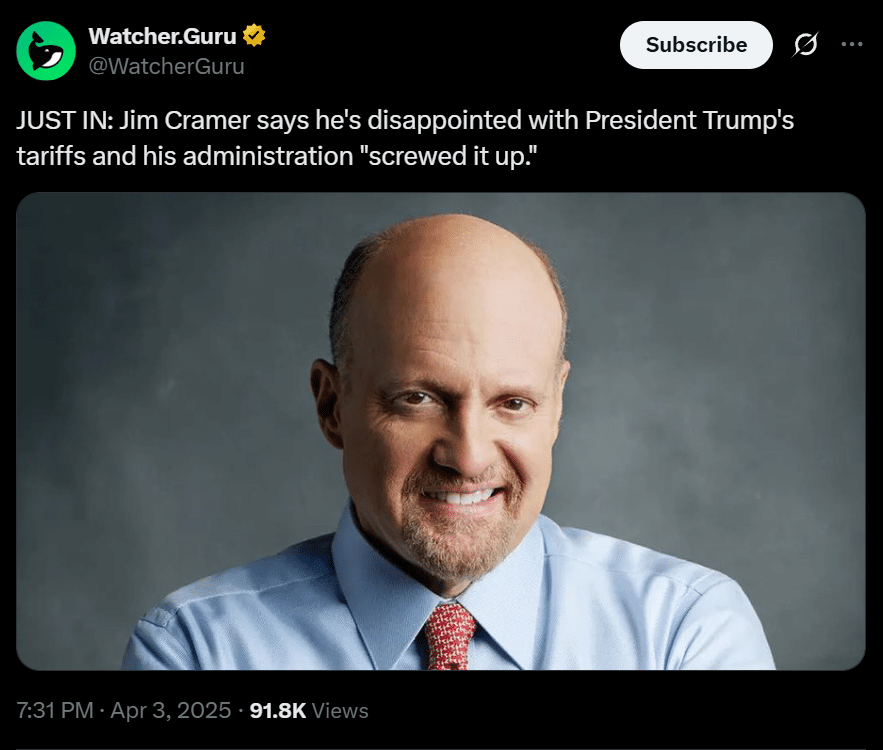
The Trump administration has recently implemented significant tariffs targeting Penguin Island, a location known for its wildlife. This latest move in the ongoing trade war has raised eyebrows about its purpose and potential ramifications.
What’s Happening with the Penguin Island Tariff?
The Heard and McDonald Islands, primarily uninhabited except for its unique fauna, have become a focal point in international trade discussions. One speculation suggests these islands might be a tax refuge for companies looking to evade tariffs, particularly as firms establish operations there to bypass trade penalties.
The media often exaggerates the claim that Trump’s tariffs are targeting penguins despite the reality being Australia’s attempts to navigate trade barriers.
“The penguin wore a suit. But didn’t escape the Trump tariffs on the Heard and McDonald Islands. Maybe it didn’t say thank you?” — Christopher Arzrouni (@CArzrouni) April 3, 2025
Misreported trade data, where items like aquarium supplies were incorrectly categorized as exports from these distant islands, has complicated the situation. The islands, while remote, now face a 10% tariff on anything claimed as sourced from them, prompting a backlash.
Prime Minister Anthony Albanese has criticized the tariffs as an overextension of global policies while Mike Coffin from the University of Tasmania expressed disbelief at the economic sense behind such actions.
Expert Opinions on the Trump Tariffs
 Economic Impact (source)
Economic Impact (source)
Despite the criticism surrounding these tariffs, financial analysts reveal that early predictions surrounding reciprocal tariffs have shifted. Rather than matching rates charged by other nations, Trump proposed a minimum tariff level of 10%, thus altering the anticipated outcomes for investors and markets.
While the Heard and McDonald Islands remain as untouched as before, the controversy surrounding this new economic strategy serves as a reminder of the complex nature of geopolitics and its wide-ranging effects.
